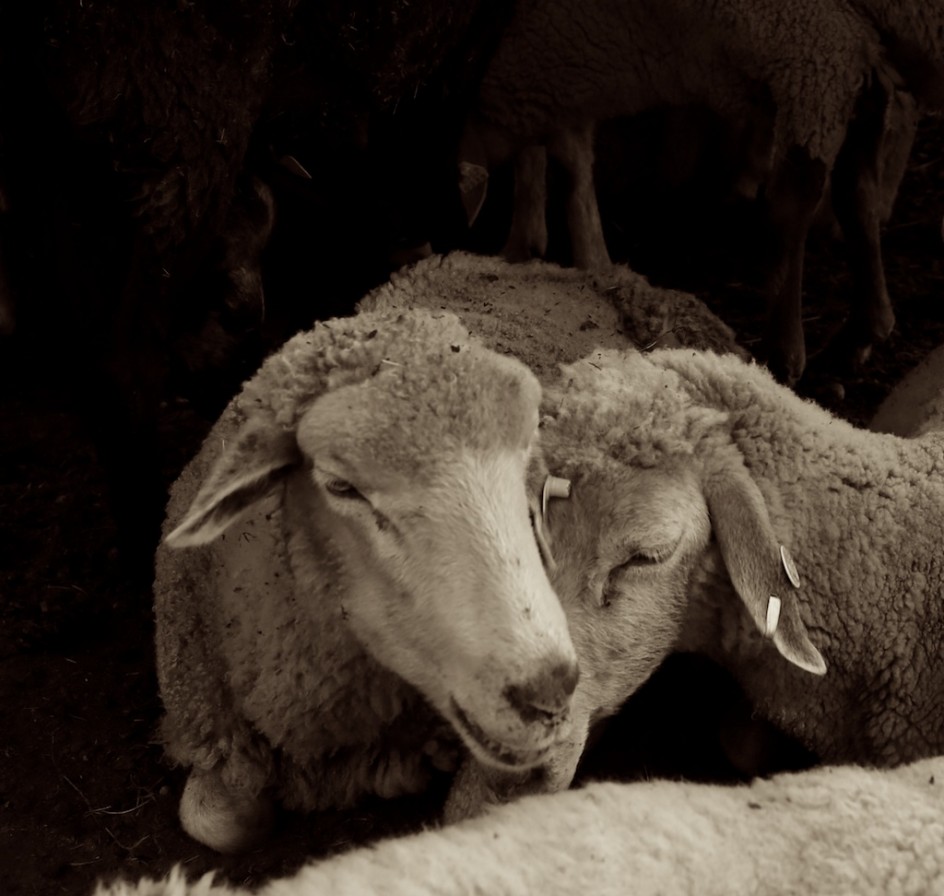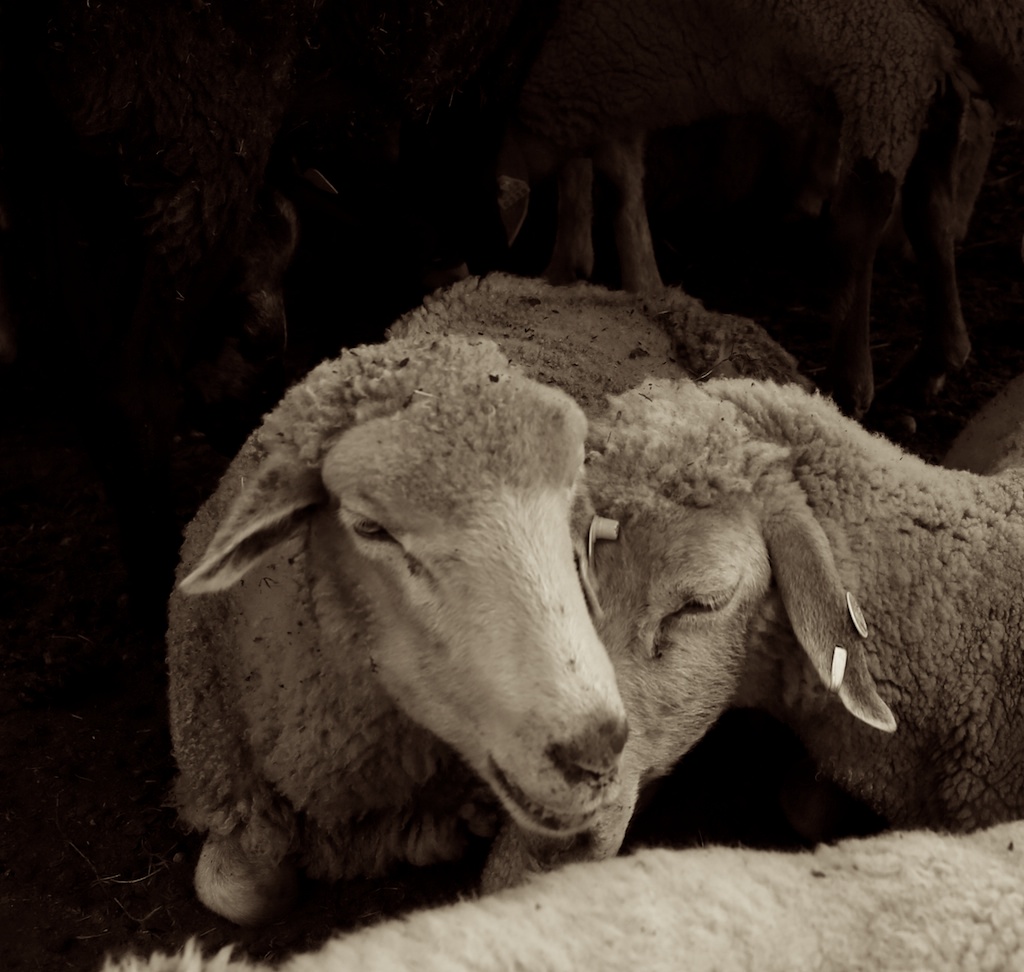
I was reading tonight about Edward Curtis, a brilliant photographer whose life is the subject of Timothy Egan’s new biography, “Short Nights Of The Shadow Catcher: The Epic Life And Immortal Photographs of Edward Curtis,” a driven man who gave up a successful career as a portrait photographer of the wealthy and famous to spend three decades of his life to capture the last days of America’s Indians before their culture vanished from the earth. I can’t wait to finish this book, and Curtis’s story touches me in many ways. Aside from the stunning photographs – they will just open up your heart – his story is one of creativity, conviction and obsession.
Determined to finish what became his life’s work, Curtis lost everything, borrowing and begging for money all during his travels through Native American reservations. He abandoned, even then, conventional wisdoms about money and security. He died in Hollywood penniless – destitute, according to one biographer. I was numb at the idea of this, this genius who did such amazing work for so long ending up with barely enough to eat, and then I thought this is a story for me, and for our time as well as his.
It seems to me that the ideology and driving ethos of our culture is money. Whenever I tuned into the dispiriting political campaign the candidates were talking mostly about money – who could manage it best and get people to make and spend more. It was as if the country had become a vast global corporation, and it was electing a numbers-crunching CEO, not a political leader. The news is filled with stories of money, and money is mostly what I hear people talk and worry about. When I see public TV screens in restaurants and gas stations, they all have a stock market ticker running across the bottom of the screen, suggesting that money is the most important news in the world and cannot be left alone for a second. People check their bank accounts on smartphones all day and their money is never separated from them.
I went last night to look at some of the stories about the Thanksgiving Holiday, but I didn’t find many that even mentioned the idea of Thanksgiving. They were mostly about money and shopping.
In Curtis’s time, money was not the only thing in the world that mattered, and you didn’t need all that much money to live. In our time, we need a lot of money to pay for technology, health care, a long life, retirement, weather alerts, identity theft insurance, regular insurance, IRA’s and all of the other things we are constantly told we need to have in order to live a safe and meaningful life, usually to the great profit of someone else. Henry David Thoreau could not have lasted a week on Walden Pond in 2012.
The people around me seem traumatized by money when they aren’t being told to worry about cancer or dangerous toys or other diseases and looming dangers and catastrophes. I am not immune to this. Sometimes I wake up in the night and I worry about money, I worry about becoming destitute just like Curtis, especially this year, owning two farms and moving and working to fix up a 170 year-old farmhouse that hadn’t been touched up much in the past century. I don’ t have much money left, and I don’t really know anyone who isn’t worried about money. Like I often write, we are really not much different from one another, despite the labels we allow to be pinned to us, when we are stripped to the core.
Reading about Curtis’s life was good for me, and it ignited some of the most important parts of my own imagination and ambition for myself. It reminded me to think of what my life is about. Listening to other people talk about money is like listening to other people talk about politics or healthcare – it mostly yields confusion and discouragement. Curtis could easily have been the Annie Liebowitz of his time, he gave that up to follow his dream and leave behind a gorgeous and heartbreaking chronicle of a decimated and civilization. “I want to make them live forever,” he explained to an interviewer of his great work.
In my own life, I left the middle-class reservations of my world a long time ago, coming to the country to buy a cabin, then a farm. I was nowhere near where I wanted to be and fell into a dark place. So I made another decision a few years ago, that I would follow my dreams, that I would not live an unathentic and loveless life, I would not end my life in that way. That was my promise to myself, my story would not end in this way, no matter what it cost. And it cost a lot. Like Curtis, I became obsessed with seeking a meaningful life, facing whatever truths about myself I need to face. That I would follow my creative spirit in my work, my books, my photos, my blog.
All of my life I’ve seen people swallowed whole by fear and discouragement, drowned by the narrow expectations of the people they loved, crippled by angry fathers, suffocated by clinging mothers, sucked into the cruel notion that money is what their lives are about, what will make them safe, herded in the slaughterhouses of the soul where they are persuaded to give their lives over to money, beaten into submission and surrendering to the narrow boundaries and barricades thrown up all around them. That is not the story for everyone, I know, but it is the story for many.
It was the story for me for much of my life.
It is not the story of me now, for all the work I have yet to do. Edward Curtis reminds me that some of the best human beings ever to walk the planet ended up destitute, including so many wonderful writers, artists and spiritual leaders, including one many people worship today, and that there are so many things in our world that are so much worse than being destitute, things that ought to strike the deepest terror in our hearts.
Like letting our lives wash slowly down the drain, and forgetting that our dreams and hopes and hearts can live forever.

